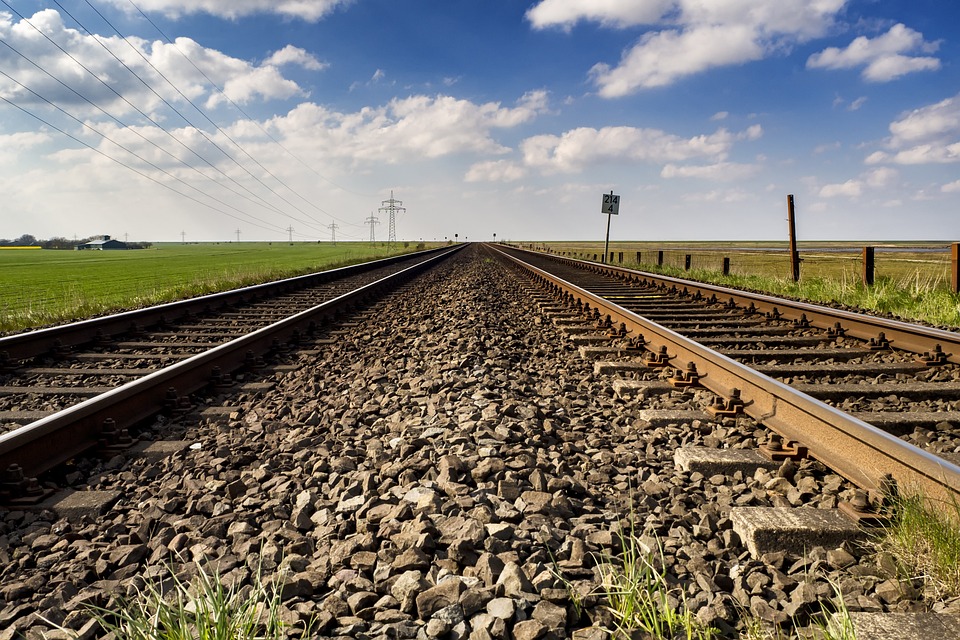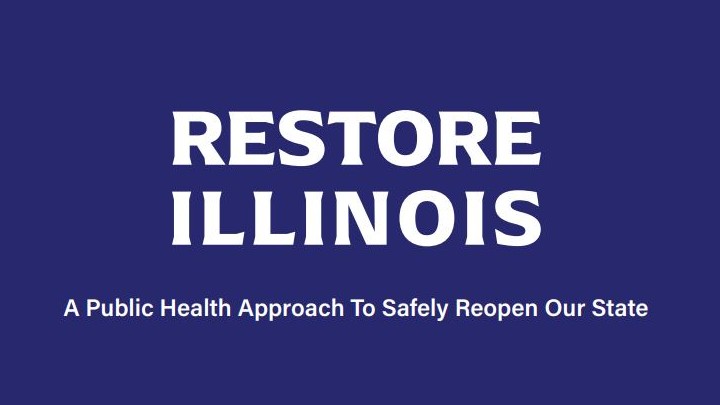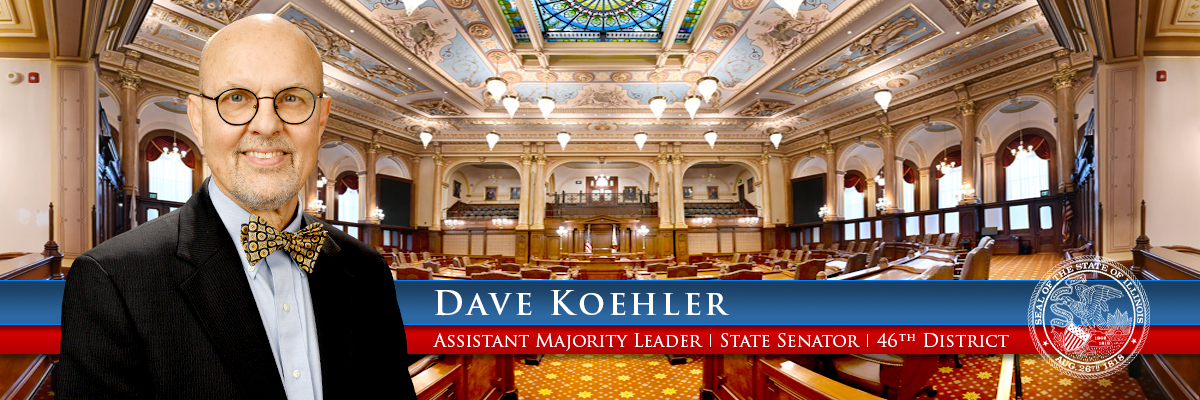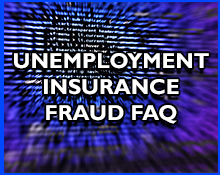- Details
- Category: News

PEORIA – State Senator Dave Koehler announced that the Illinois Commerce Commission has approved multiple projects to improve highway-rail safety in the Peoria Metro Area totaling over $3 million.
“This needed project will help protect and alert all Peoria residents driving across the tracks and will help prevent further railway disasters,” said Koehler (D-Peoria). “Updating our infrastructure to make it safe and simplified is one small update that impacts the well-being of all residents in the area.”
The improvements will be made at County Line Road near Bureau; Lincoln Street in Henry; Main Street, Edmund Street, Williams Street, and Western Avenue in Marshall County; at East Fairview Street and East Resthaven Road near Mossville; Detweiler Golf Road in Peoria; and at Marine Drive in Peoria.
“These projects will prevent issues for every driver going across the tracks in our area, from tourists to locals,” Koehler said. “Illinois is finding ways to help our communities, and this is another great step to improve safety measures in Peoria.”
People can visit the Illinois Commerce Commission’s website more information on the Crossing Safety Improvement Program.
- Details
- Category: News
 The Department of Commerce and Economic Opportunity has announced a second round of Tourism Attractions & Festivals Grants. This is a fantastic opportunity for communities in Central Illinois to develop and enhance tourism attractions and special events. The deadline to apply is Sept. 23.
The Department of Commerce and Economic Opportunity has announced a second round of Tourism Attractions & Festivals Grants. This is a fantastic opportunity for communities in Central Illinois to develop and enhance tourism attractions and special events. The deadline to apply is Sept. 23.
This list includes the new round of Tourism Attractions & Festivals Grants, as well as other state and federal grants, including theSafe Streets and Roads for All program from the US Department of Transportation.
State Grants
NEW! Tourism Attractions & Festivals Grant Program
What: The Tourism Attraction and Festivals Grant program will help develop new or enhance existing tourism attractions located across the state – including but not limited to museums, state parks, historical sites, events, performances, and festivals. The funds may be utilized for capital projects, equipment, training, transportation, housing, receptions, entertainment, photography, temporary housing, and interpretive programs. The goal of the program is to attract additional visitors and overnight stays that will bring foot traffic to communities across Illinois.
Potential Applicants: Units of local government, nonprofits, local promotion groups, and businesses.
How Much: $15 million total. $5 million for festivals and events, and $10 million for attractions. Awards range from $15,000 to $500,000. Matching not required for nonprofits and local governments, but preference will be given to those providing matching funds. 75% match required for businesses.
Deadline: Sept. 23, 2022
Apply: Information can be found HERE.
Connect Illinois Broadband Grant Program
What: Connect Illinois seeks to achieve ubiquitous broadband access for homes, businesses, and community anchor institutions. Applications should be classified under one of three categories: (a) Broadband Access for in unserved or underserved areas; (b) Broadband Innovation for economic development; or (c) Urban Broadband for expanded access and/or innovation in qualified Illinois cities. All Connect Illinois projects must include infrastructure expansion scalable to speeds of at least 100 Mbps download and 100 Mbps upload upon deployment. Allowable costs include network design, project planning, equipment, construction, and deployment of middle mile and/or last mile infrastructure.
Potential Applicants: Businesses, nonprofits, cooperatives, school districts, and local governments. Proposals covering unserved and/or underserved areas are eligible for Connect Illinois grant funding.
How Much: $350 million total, maximum grant size of $10 million. Preference given for a 50% match, but it is not required for an application to be competitive.
Deadline: Rolling through 2024, or until funds are depleted
Apply: Information can be found HERE.
Federal Grants
More can be found on DCEO’s website.
Safe Streets and Roads for All (SS4A) Grant Program
What: The Safe Streets and Roads for All (SS4A) program funds regional and local initiatives through grants to prevent roadway deaths and serious injuries. Entities can apply for Action Plan Grants and Implementation Grants. These grants can be used to develop or update a comprehensive safety Action Plan; conduct planning, design, and development activities in support of an Action Plan; and carry out projects and strategies identified in an Action Plan.
Potential Applicants: Metropolitan planning organizations, local governments, and transit agencies.
How Much: $200,000 to $50,000,000
Deadline: Sept. 15, 2022
Apply: Information can be found HERE.
SBA Service-Disabled Veteran Entrepreneurship Training Program
What: The U.S. Small Business Administration (SBA) is providing funding to organizations to build capacity, market, and deliver their existing entrepreneurship programs to service-disabled veterans who aspire to be small business owners or currently own a small business.
Potential Applicants: Non-profits, businesses, institutions of higher education. Must demonstrate a history of entrepreneurship training for veterans.
How Much: $50,000 to $150,000
Deadline: Aug. 18, 2022
Apply: Information can be found HERE.
EDA Economic Development Research and National Technical Assistance Program
What: Grants under these programs are designed to leverage existing regional assets and support the implementation of economic development strategies that advance new ideas and creative approaches to advance economic prosperity in distressed communities. These grants seek to promote critical, cutting-edge research and best practices with practitioners in the economic development field. They also support a small number of projects that provide technical assistance at a national scope.
Potential Applicants: Local governments, institutions of higher education, nonprofits, individuals, or for-profit organizations.
How Much: $1.5 million
Deadline: Rolling
Apply: Information can be found HERE.
- Details
- Category: News
 Through the Restore Illinois plan, many resources are available to families and communities across Illinois in an effort to help the state recover from the COVID-19 crisis. Please read below to learn about ongoing recovery efforts, including support for impacted businesses, local communities and units of government, and support for local residents for workforce training and rental assistance.
Through the Restore Illinois plan, many resources are available to families and communities across Illinois in an effort to help the state recover from the COVID-19 crisis. Please read below to learn about ongoing recovery efforts, including support for impacted businesses, local communities and units of government, and support for local residents for workforce training and rental assistance.
Economic Recovery
Back to Business Grants
The Back to Business program will distribute grants to promote recovery for small businesses hit hardest by the COVID-19 pandemic. To be eligible, businesses must have had revenues below $20 million in 2019 (below $35 million for hotels) and a reduction in revenue in 2020 due to COVID-19. Priority will be given to businesses in the hardest-hit sectors, business located in Disproportionately Impacted Areas, and businesses that have not yet received COVID-related state or federal assistance. Applications opened on August 18th. Businesses looking to apply or obtain additional information, may refer to the Back to Business page of the DCEO web site.
Rebuild Downtowns & Main Streets Grants
Rebuild Downtowns & Main Streets will provide capital grants to support economic recovery in downtowns that have experienced disinvestment, particularly in communities hardest-hit by COVID-19. Private businesses, nonprofit organizations, and local units of government are eligible to apply. Applications opened on September 10th and will close on January 10th. To apply or obtain more information, see the Notice of Funding Opportunity on DCEO’s web site.
Community Navigators
The Community Navigator program leverages 100+ community partners to help small businesses connect with emergency resources during the pandemic by investing in grassroots, community-based organizations. The program meets businesses where they are, providing tools and resources to help them apply for programs and assisting them to access to additional business support services. More information, as well as a search tool to find a community navigator near you, is available at the DCEO website.
Tourism Attractions & Festivals Grants
The Tourism Attraction and Festivals Grant program will help develop new or enhance existing tourism attractions located across the state. Eligible applicants include units of local government and not-for-profit and for-profit organizations. Funds may be utilized for capital projects, equipment, training, transportation, housing, receptions, entertainment, photography, and interpretive programs. Applications will be accepted on a rolling basis until funds are depleted. For more information, please see the Notice of Funding Opportunity.
Local Government Support
Local CURE
Through the Local CURE program, the Department of Commerce and Economic Opportunity has had the authority to cover costs incurred by local governments for emergency COVID-19 related expenses. Initially designed to cover eligible expenses from March 2020 through December 2020, the program has been extended to encompass expenditures through December 31, 2021. Program participants must submit reimbursement requests through https://dceocures.powerappsportals.com/. For additional information, you can review the Program Manual, visit the Local CURE Reporting Portal FAQs, or contact the Local CURE Support Team either through the Portal Help Desk or via email at
Non-Entitlement Units
The American Rescue Plan Act of 2021 appropriated funding to States for distribution to non-entitlement units of local government. Funds can be used to cover revenue losses and the costs of responding to the COVID-19 public health emergency or to its negative economic impact. The full list of elegible municipalities and allotments can be found here. To assist local governments as they claim their allotments, the State of Illinois has established The NEU Portal. Authorized representatives from each NEU can log into the portal, request their allotment and download all the required Treasury documentation. The NEU portal will close September 30th. Per Treasury guidance, NEUs that do not claim their allotments by that time will lose their allotments, which will be distributed to other NEUs as soon as early October. Information on NEU payments can be found on DCEO’s NEU site, including the payment status of specific local governments.
Housing and Humanitarian Assistance
Rental Assistance Program
The Rental Assistance Program, offered by the Illinois Department of Human Services through local community agency partners, is intended to keep families stably housed and prevent high incidents of evictions due to COVID-19. Illinois renters may be eligible for assistance if the tenant has experienced financial hardship due to the pandemic, is behind on rent and/or is at risk of experiencing homelessness or housing instability, and qualifies as low income. To apply, residents can visit https://www.illinoisrentalassistance.org/providers, find a provider nearby, and contact them. The provider will help residents determine eligibility and will help to submit an application.
- Details
- Category: News

State Senator Dave Koehler (D-Peoria) issued the following statement on the passing of former state senator Bill Haine:
Early Monday morning a friend and former colleague passed away. Senator Bill Haine served the people of the 56th State Senate District, which includes Alton and the Metro East area of Illinois, from January 2003 until he retired from the Senate in January of 2019.
Bill was a humble but extremely capable man. He was a Vietnam War veteran, a lawyer and former State’s Attorney for Madison County, and a member of the Illinois State Board of Elections up to his passing. He and his wife Anna raised seven children and have 38 grandchildren and one great-grandchild, many of whom visited the Senate chambers from time to time.
I knew Bill as a fellow legislator and member of the Downstate Senate Democratic Caucus. His wit and insight into issues of the day were always illuminating. On the floor of the senate he earned the reputation as historian of both relevant and obscure information. Often he would break into debate and drop one of his famous anecdotes of insight upon the conversation, which would usually provoke a laugh. We would all marvel at his depth of knowledge.
Bill Haine was a good friend to all who knew him. He was a legislator’s legislator. He was most of all an honest and faithful servant. We have been blessed to know him, and we will miss him.
More Articles …
Page 1 of 8


